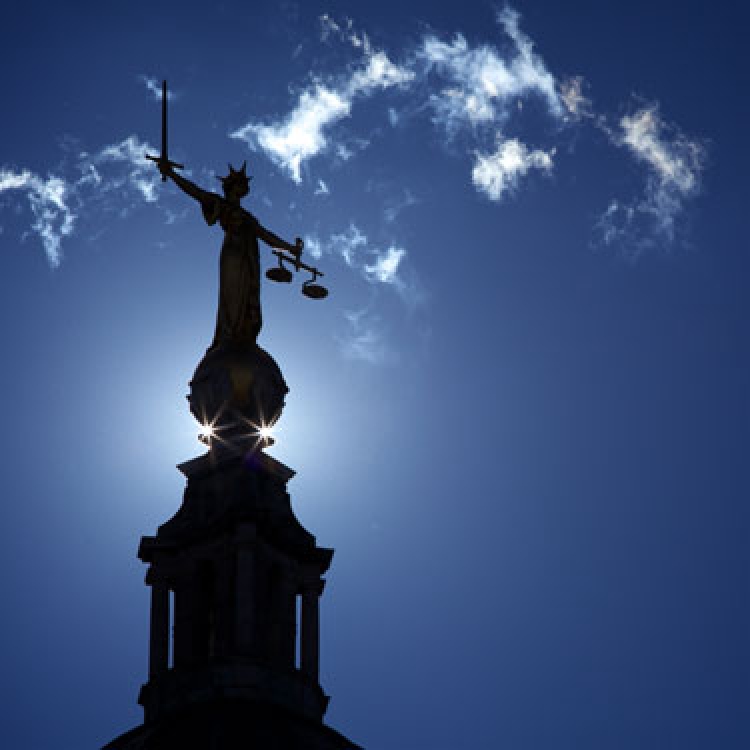Deferred prosecution agreements: will your D&O policy respond?

DPAs may be advantageous for businesses responsible for wrongdoing but can create a conflict of interest between the organisation and its directors and officers, potentially putting the latter at greater risk of prosecution. Insureds need to understand the potential impact, as Salome Santos of Marsh explains.
Three years on from the incorporation of deferred prosecution agreements (DPAs) into the UK legal framework, the third and largest agreement of this kind has been issued. There now appears to be increasing confidence in the benefits for companies of entering into a DPA. It has also become clear that full cooperation by the company with the investigating authority from an early stage, by self-reporting or by showing a genuine determination in identifying wrongdoing, is arguably the most important factor that the court will consider when approving a DPA and showing that the public interest is best served.
DPAs are court-approved agreements between a prosecutor and a company, under which the prosecution of serious economic crime, such as bribery and corruption, is suspended for a defined period, subject to the company's compliance with specified conditions. If the company complies, the charges will be withdrawn and it will not be formally convicted. If the company fails to comply with the conditions, proceedings against it may resume and the consequences of non-compliance, as set out in the DPA, may ensue. DPAs are a discretionary tool and can only be issued by the invitation of the Serious Fraud Office or the Director of Public Prosecution.
Implications for directors and officers
Once approved judicially, DPAs are publicly available and must include a statement of facts agreed between the company and the prosecutor, which may contain admissions made by the entity. The DPA regime is based on cooperation and transparency between the company and the prosecutor. This means that in most cases, and certainly in the three cases that have occurred so far, the company will submit the conclusions of its internal investigations to the prosecutor, including transcripts of interviews conducted with directors and officers, and employees. The agreed statement of facts, to which they will likely have had no input, may implicate directors and officers. Generally, you would not expect directors and officers liability insurance (D&O) cover for subsequent investigations of these individuals to be impacted. This is due to the "final adjudication" threshold under most conduct exclusions, and because the admissions are not made by the individuals but rather by the company. However, this information, made public, is likely to be of concern to these individuals.
Initially, a company investigating an issue that may lead to a DPA will typically conduct an internal investigation which may, or may not, involve external lawyers. Generally, the first involvement of an individual will be an interview as part of that internal investigation. Even at this early stage, companies will be looking to reach a satisfactory outcome with authorities and will act in the best interest of the corporation, which may mean implicating some individuals. As a result, the DPA process may, at an early stage, lay the groundwork for a divergence in the interests of the company and those of the directors. Individuals, therefore, should consider separate legal representation from the outset.
When is a D&O policy triggered?
The resultant question is: when can the D&O policy be expected to respond? This is particularly relevant in circumstances where, because of reputational concerns, companies may decide to stop indemnifying these individuals.
Typically, a D&O policy is triggered after the company self-reports to an authority, and a formal investigation by an official body into the individual's conduct commences. This may create a gap where the company stops indemnifying the individual, but the policy does not yet respond to advance legal costs for individuals who may wish (and need) to seek separate representation during these internal interviews. There are very few policies currently designed to respond when the company is merely assessing whether there is a wrongdoing, and whether they want to self-report to authorities.
As individuals become more aware of their increased exposure, and therefore more concerned about their D&O arrangements and how early their policies will respond, it is foreseeable that coverage for individuals involved may well be expanded in the future.
It can also be expected that allowing companies to defer, and potentially avoid, prosecution could lead to an increase in self-reporting. This may put directors and officers at a greater risk of prosecution and related civil claims, after the DPA is reached. Such exposure is even more evident given that the DPA process seems to be designed to encourage the investigation of, and (where applicable) the prosecution of, individuals. In the event of such claims, the directors would naturally look to their D&O policy for affirmative cover.
Will your policy respond?
As the third DPA comes into effect in the UK, this new tool to fight economic crime appears to be gaining traction.
Although DPAs are unlikely to impact individuals directly because they are agreed between the prosecutor and the company, a conflict of interest between the company and the directors and officers may emerge at an early stage of an investigation. Directors and officers will be looking to their policy to support them in any legal costs they incur as a result of this conflict of interest.
Arguably, directors and officers may also be put at greater risk of criminal and civil prosecution following a DPA. Insureds should, therefore, ensure that their policy unequivocally responds to the new risks that they face.

Santos Salome is a product development specialist within FINPRO at Marsh Ltd.
